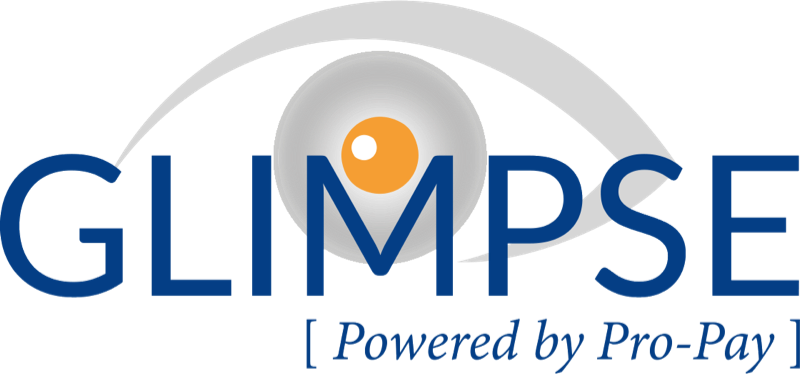Sector agreement 2023 - 2024 for joint industrial committee 226

The social dialogue in Belgium is organized on 3 levels: inter-sectoral/federal, sectoral and company level. Over the past months, the wage norm and several employment measures which serve as the basis for the negotiations on a sectoral level, have been determined on a federal and inter-sectoral level.
Within JIC 226 these negotiations have been finalized, which resulted in a sectoral agreement for the years 2023 – 2024. Hereby we would like to provide you with an overview of the most important decisions for the next two years in your sector of industry.
Purchasing power premium
The employees of companies that have made high or exceptionally high profits in 2022 will receive a one-time purchasing power premium.
1. Eligibility conditions and amounts
High profit: A company has made a high profit in 2022 if the percentage growth in profit (code 9905) for 2022 compared to the average profit (code 9905 of the annual account) for the years 2019, 2020 and 2021 does not exceed 150%.
Companies with a high profit must grant the following purchasing power premium:
- € 50 if the percentage growth in profits is less than or equal to 10%;
- € 150 if the percentage growth in profits is higher than 10%, up to and including 50%;
- € 300 if the percentage growth in profits is higher than 50%, up to and including 100%;
- € 450 if the percentage growth in profits exceeds 100%, up to and including 150%.
Exceptionally high profits: A company has made exceptionally high profits (code 9905) in 2022 if the percentage growth in profits for 2022 compared to the average profits (code 9905) for the years 2019, 2020 and 2021 exceeds 150%.
Companies that have made exceptionally high profits must grant the following purchasing power premium:
- € 600 if the percentage growth in profits exceeds 150%, up to and including 200%;
- € 750 if the percentage growth in profits exceeds 200%.
If the available profit (code 9905) in companies whose growth percentage does not exceed 10% is insufficient to grant the amount of € 50 per employee, the purchasing power premium is not granted.
If the available profit (code 9905) is insufficient to grant the other amounts determined above, the purchasing power premium is granted in proportion to the available profit.
The year 2022 refers to the financial year of which most months are in 2022. If the financial year ends on 30 June, it is the financial year ending in 2022 that will be taken into account.
2. Payment modalities
The payment of the purchasing power premium will be done no later than 31 December 2023.
Employees must be employed on 31 October 2023 to be entitled to the purchasing power premium. Your Payroll Business Partner will take into account the pro rata and assimilations provided for in the CLA.
A company wishing to grant another amount than the ones set out above may do so (up to € 750) by means of a collective labour agreement at company level. However, a justification must then be added to the collective labour agreement at company level stating that the company has achieved good results during the crisis. In the absence of a union delegation, the purchasing power premium can be granted via an individual agreement. This agreement must be concluded by 15 November 2023 at the latest.
Action point: inform your Payroll Business Partner about the amount of the purchasing power premium.
Mobility
From 1 January 2024, the following increases in commuting will apply:
- The bicycle allowance increases to € 0.27 per kilometre. The maximum daily allowance is increased to € 10.80.
- The employer's contribution to private transport other than bicycle will be indexed.
- The employer's contribution to public transport will amount to 100% of the ticket price, unless a third-party payment scheme applies, in which case the current 80% contribution will be maintained.
Training
The employer needs to offer the employees a mandatory number of individual days of training, depending on the number of employees in the company:
- For companies with less than 20 employees, an average of 1 individual training day per year for a full-time employee applies;
- For companies with more than 20 employees, a growth path applies from 2024:
- From 2023: 2 individual training days;
- From 2025: 3 individual training days;
- From 2027: 4 individual training days;
- From 2029: 5 individual training days.
In addition to individual training days, employees are also entitled to collective training days:
- For the period 2023-2024: 6 days of training on average per full-time employee;
- For companies with more than 20 employees, the number of days will gradually decrease after 2023-2024:
- 2025-2026: 4 training days on average;
- 2027-2028: 2 training days on average.
These trainings are paid at the same rate as public holidays, even if they take place outside working hours.
Time credit with a motive, ‘end of career’ time credit and unemployment scheme with company allowance
All existing schemes of time credit with a motive and unemployment with company allowance are extended until 30 June 2025.
Regarding the ‘end of career’ time credit, with an allowance from the National Employment Office, the age limit is raised to 55 for employees who reduce their working time to half-time or 1/5th.
Conversion of end-of-year premium
From 1 January 2024, it will be possible to convert half of the end-of-year premium into days off or into a (green) mobility benefit.
This conversion must be provided for in a collective agreement at company level and laid down in an individual agreement with the employee.















